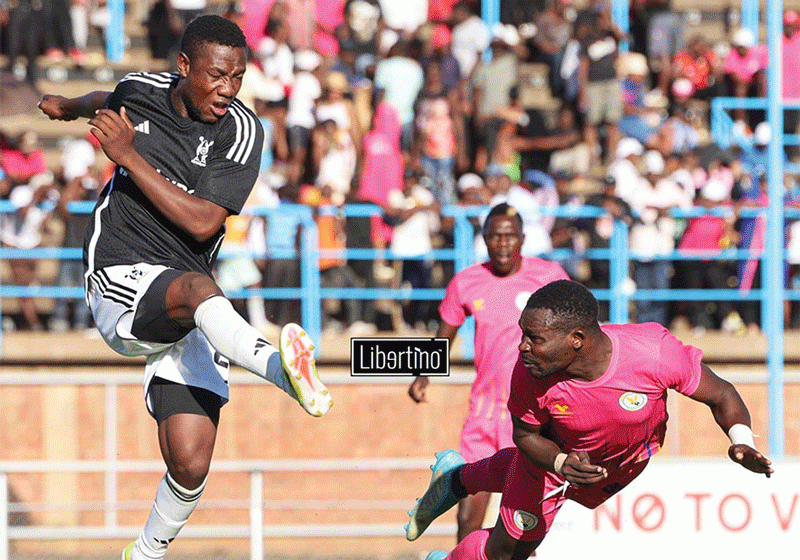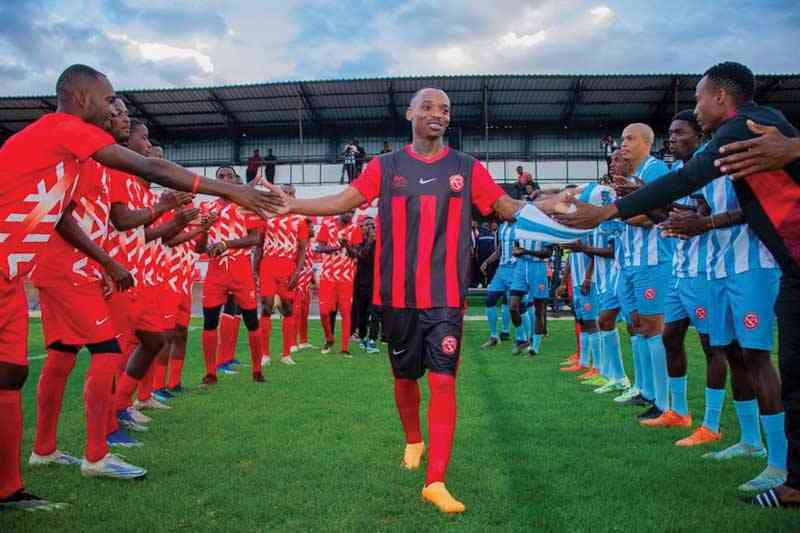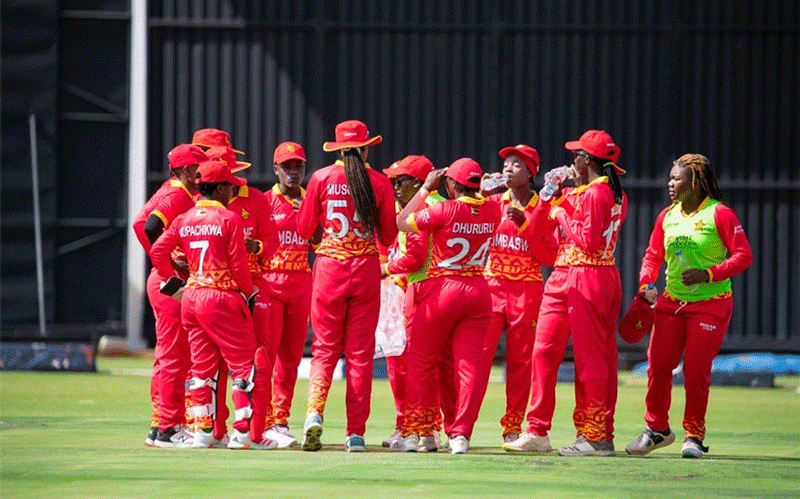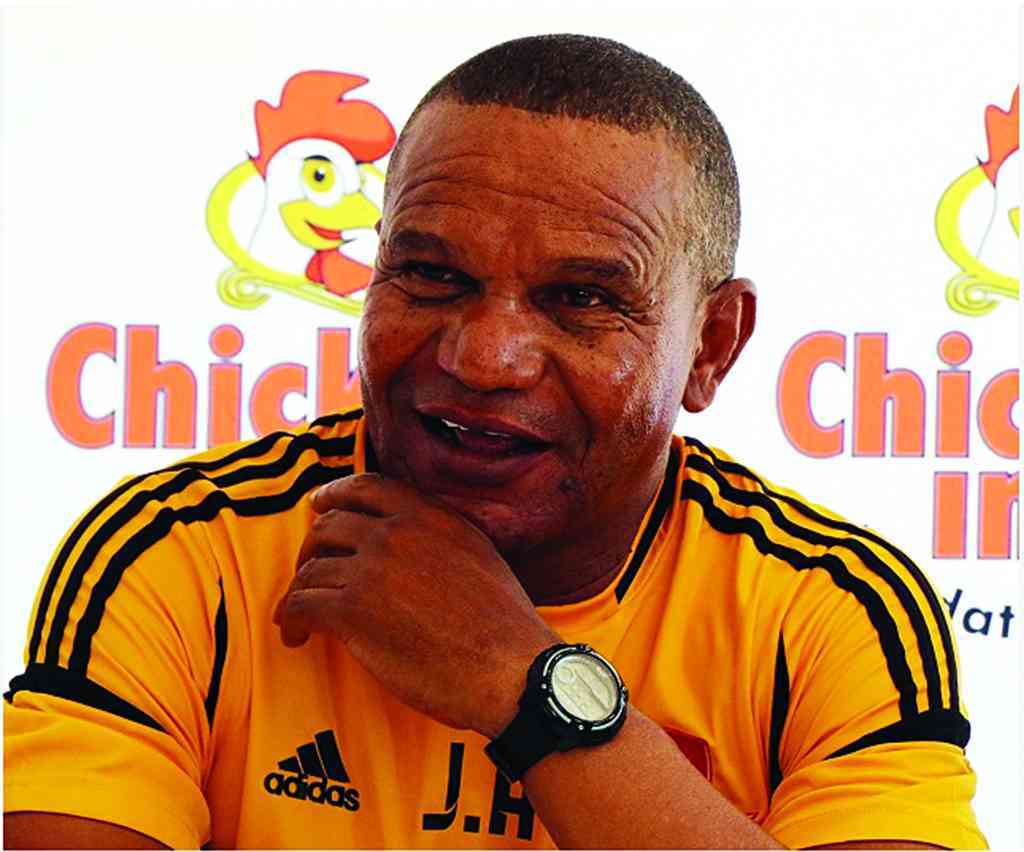
When Hamilton Masakadza was 18, there was something more important to him than playing cricket.
That was perhaps understandable because by then he had already made history on the pitch. Earlier that year — 2001— he had become the first black Zimbabwean to score a first-class century, a feat he achieved in just his second match.
He popped onto the international scene five months later in similar style, with a match-saving Test century on debut against West Indies. He was, at the time, the youngest player to score a hundred on Test debut.
Once he finished school it was not the thought of playing more cricket that beckoned, but the idea of studying further.
“I decided that it would be easier for me to study before starting a career as a national sportsman,” Masakadza told ESPNCricinfo.
“It seemed to me as though if there was a time when it would make sense to go and (study), it would be then.”
The search for a suitable tertiary education institution at first pointed to the popular University of Cape Town, but cricket conspired to send Masakadza to a lesser known campus in Bloemfontein.
He had previously played in the City of Roses at the South African national Under-19 Cricket Week, in which Zimbabwe were invited to participate, in 2000.
- Chamisa under fire over US$120K donation
- Mavhunga puts DeMbare into Chibuku quarterfinals
- Pension funds bet on Cabora Bassa oilfields
- Councils defy govt fire tender directive
Keep Reading
His 113 against a strong Western Province attack caught the eye of Ewie Cronje, Hansie’s father, who was the director of sport at the University of the Free State at the time.
Zimbabwe had almost six years out of the longest format, during which they revamped their domestic structure and introduced a more professional franchise system, recruited Alan Butcher as their coach, and integrated former players into the structures.
Their comeback, against Bangladesh this August, saw them win the one-off Test, in which Masakadza came full circle, as it were, scoring his second Test century, and the one-day international series, but were rudely jolted back to earth a month later after losing every match of their series against Pakistan.
Masakadza still hails the comeback as a success. “The win against Bangladesh was special and even against Pakistan we competed well except for the batting collapse on day four [of the Test],” he said. “We still have to develop a bit of confidence as we go on.”
He believes Zimbabwe’s strength, as they prepare to take on New Zealand home and away in coming months, is going to be what was once their weakness: that the players who battled in previous years are still around and have more to contribute.
“We know and understand each other really well, and while other teams are trying to get a mix of youth and experience, we don’t have to do that because we already have it,” he said.
The experience comes from Masakadza, Brendan Taylor, Tatenda Taibu, Vusi Sibanda, Prosper Utseya and Chris Mpofu, who were all playing international cricket before 2005 but are still young enough to have years in the game ahead of them.
The youth is streaming in through Tino Mawoyo, Brian Vitori, Kyle Jarvis, Craig Ervine and Forster Mutizwa.
“Tino and Craig especially like to ask questions, and we know that there is no substitute for experience, so the rest of us can pass that on.”
“I know my limitations and I don’t try too many things. For example, I’m not very adventurous in the air,” he said. “I like to plan my innings a lot and I have a visual image of how I will play each guy in the opposition.
“One thing I have to work on is the trouble I have against spinners who get the ball to go the other way, like Saeed Ajmal.”
Masakadza is eyeing a leadership role, being one of the few veteran players who has not captained Zimbabwe.
“It’s something I do aspire to,” he said. He’s also looking to “get my averages up in all three forms of the game, because having them below 30 is not enough”.
Be that as it may, he is one of the few who realises there is life outside and after cricket. He has his degree to fall back on when his playing days are over, but knows there are few others like him. In his typically planned style, he would like to encourage them to think about their futures as well.
“It’s very easy for people to go that way [and not study],” he said. “When you start playing sport at the highest level and you are young, you can forget about everything else. I would like it if it was possible for structures to be put in place to help young sportsmen get degrees.”











